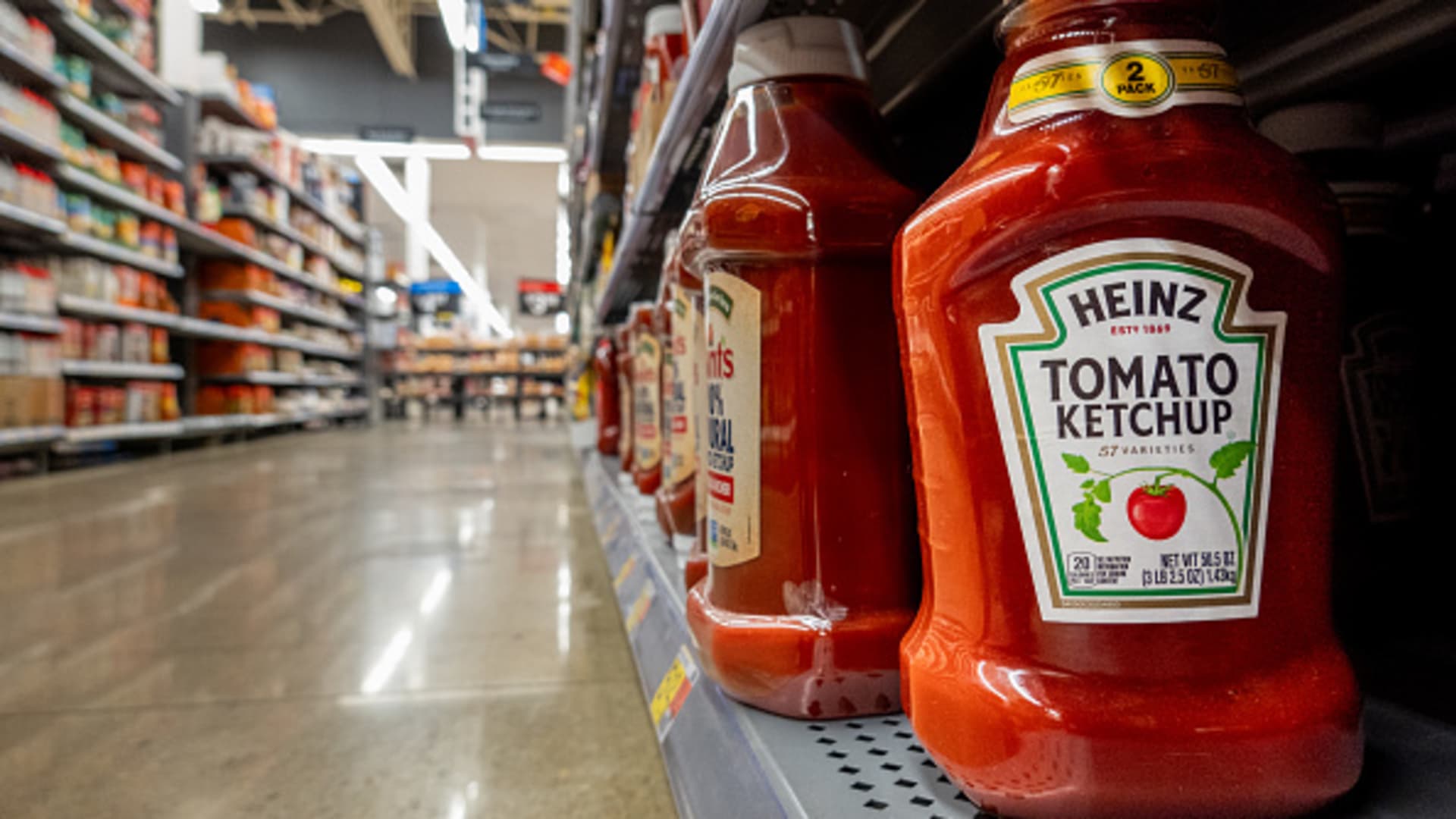Kraft Heinz’s Bold $3 Billion Bet: Revolutionizing U.S. Manufacturing
In a landmark move to modernize its operations, Kraft Heinz announced a $3 billion investment to upgrade its U.S. manufacturing facilities over the next five years. The initiative, unveiled on June 10, 2024, aims to enhance efficiency, reduce environmental impact, and meet surging consumer demand for high-quality food products. This strategic overhaul positions the company to compete more aggressively in the rapidly evolving packaged food industry.
A Strategic Investment in Efficiency and Innovation
The $3 billion infusion will fund cutting-edge automation, sustainable packaging solutions, and energy-efficient production lines across 12 key U.S. plants. According to internal projections, these upgrades could boost output by up to 20% while reducing waste by 15%. The company plans to prioritize facilities producing its most popular brands, including Heinz ketchup, Kraft macaroni and cheese, and Oscar Mayer deli meats.
“This isn’t just about keeping pace with demand—it’s about redefining how food manufacturing operates in America,” said Miguel Patricio, CEO of Kraft Heinz. “We’re investing in technologies that will make our plants smarter, cleaner, and more responsive to consumer preferences.”
Industry analysts note the timing aligns with several critical trends:
- U.S. packaged food sales grew 6.2% in 2023 (IBISWorld data)
- 78% of consumers now prioritize sustainable packaging (NielsenIQ survey)
- Automation in food manufacturing is projected to grow 8.4% annually through 2030 (McKinsey)
Addressing Supply Chain Challenges Head-On
The investment comes after pandemic-era disruptions exposed vulnerabilities in Kraft Heinz’s supply network. In 2022, the company faced $400 million in additional costs due to logistics bottlenecks and ingredient shortages. The upgraded facilities will incorporate:
- AI-powered inventory management systems
- On-site renewable energy generation
- Modular production lines for faster product switching
Dr. Susan Lee, a supply chain expert at Boston Consulting Group, observes: “Kraft Heinz is taking a page from the automotive industry’s playbook. Their focus on flexible manufacturing could give them a 12-18 month advantage over competitors still relying on legacy systems.”
Workforce Implications and Community Impact
While automation often raises job loss concerns, Kraft Heinz emphasizes the plan will create 1,200 new technical positions. However, traditional line roles may decrease by approximately 800 as machines assume repetitive tasks. The United Food and Commercial Workers Union has cautiously endorsed the plan, citing retraining guarantees and wage increases for remaining positions.
In Macon, Georgia—where a Heinz plant will receive $240 million in upgrades—Mayor Lester Miller praised the decision: “This secures our facility’s future for another generation. The tax base growth and high-skilled jobs are exactly what our community needs.”
Sustainability at the Core of Operations
Environmental commitments feature prominently in the initiative, with $900 million earmarked for green upgrades:
- Transitioning 60% of plants to renewable electricity by 2027
- Reducing water usage by 30% through closed-loop systems
- Eliminating 250,000 tons of annual plastic waste via new packaging
These measures align with Kraft Heinz’s pledge to achieve net-zero emissions by 2050. The company recently earned criticism for missing interim 2025 reduction targets, making this investment crucial for regaining stakeholder trust.
Market Reactions and Competitive Landscape
Wall Street responded favorably, with Kraft Heinz shares rising 3.4% on the announcement. However, some analysts question whether the spending will deliver sufficient returns in the face of:
- Rival General Mills’ $2.1 billion tech investment in 2023
- Private label brands gaining 3.8% market share last year
- Inflation pushing ingredient costs up 11% year-over-year
“The risk lies in execution,” warns Barclays food sector analyst Andrew Lazar. “If consumer preferences shift faster than these upgrades come online, Kraft Heinz could find itself with state-of-the-art facilities making yesterday’s products.”
The Road Ahead: Challenges and Opportunities
As construction begins this fall, all eyes will be on whether Kraft Heinz can translate this massive investment into tangible results. Key milestones include:
- Q1 2025: First automated ketchup line operational in Fremont, Ohio
- 2026: 50% of plants transitioned to predictive maintenance systems
- 2028: Full implementation across all targeted facilities
The initiative represents one of the largest private investments in U.S. food manufacturing this decade. If successful, it could set new industry standards while securing Kraft Heinz’s position as a market leader. For consumers, the promise is clearer: more reliable supplies of their favorite products, with a smaller environmental footprint.
What do you think about major food companies modernizing their production? Share your perspective on social media using #FutureOfFoodManufacturing.
See more Business Focus Insider Team

